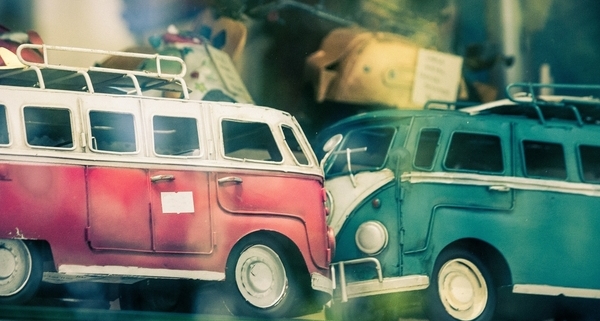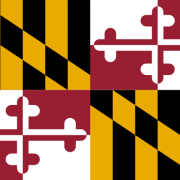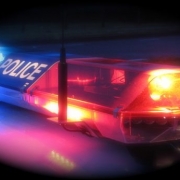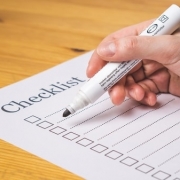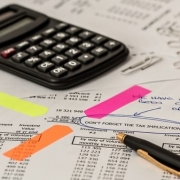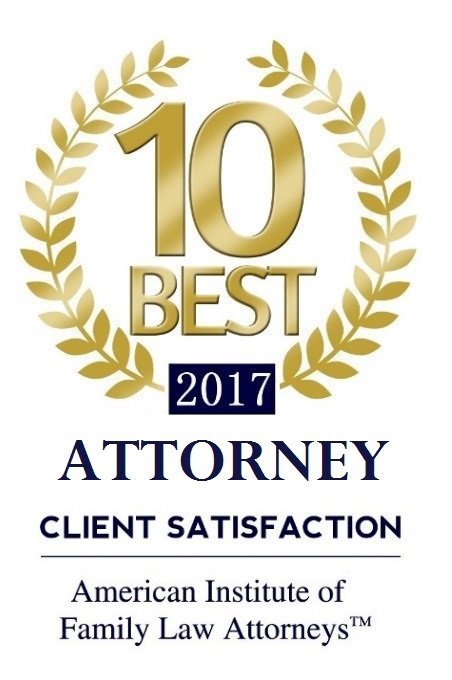Auto Accident Checklist
An auto accident is a stressful event, and this is a checklist you can use to help keep your thinking straight during a stressful time.
Safety first
- Stay calm.
- Move to a safe location if you or your car is creating a safety hazard or if you’re concerned with your safety. Turn on your hazard lights.
- Don’t move seriously injured people.
- Do not leave the scene of the accident.
- Call the police and follow their instructions if your car is not driveable or if there are any injuries. Give the police your version of what happened, and obtain the officer’s name, department and incident number. Even in minor accidents, a police accident report is very helpful when dealing with other insurance companies.
Take photos (only if it is safe)
- If you have a smart phone or camera, take photos to document the scene if it is safe to do so. Include pictures of:
- License plates of involved vehicles
- Damage to your vehicle
- Any damage to other vehicles
- Damage to property other than vehicles
- Objects at the scene, including accident debris, skid marks, fallen branches, etc.
- Street signs or other landmarks to identify the accident location
- Any contributing factors to the accident, such as obscured traffic signs
Write things down
- If you have an accident report form, fill in as many details as possible at the scene. If not, write down:
- Time and date
- Weather and traffic conditions
- Description of the accident
- Description of injuries and damage
- Details of police or emergency involvement
- Write down or take a photo of the name, address, phone number and/or email address, insurance information and vehicle information of the vehicle owner. If the driver is different from the vehicle owner, write down their name, address, license number and state, date of birth, phone number and/or email address.
- Get witness names and contact information.
Protect yourself
- Don’t agree with the other driver not to report the accident to police or insurance companies.
- Do not discuss who is at fault with other parties.
- Do not disclose your policy details. You should only share your driver’s license number, the name of your insurance carrier, policy number and phone number.
- Medical payment coverage or “Personal Injury Protection” (PIP) is often available after an accident to provide immediate money for lost income and medical bills. Certain deadlines and notice requirements may apply, so it is important to take steps to preserve your right to receive this money.
If the auto accident is not your fault, you are entitled to compensation for your pain and suffering caused by the accident. There are no set formulas for calculating auto accident pain and suffering settlements, so it is important to have an experienced injury attorney on your side to negotiate with the insurance company.

